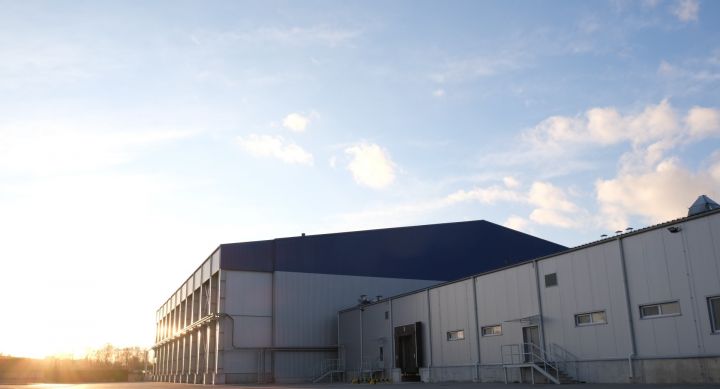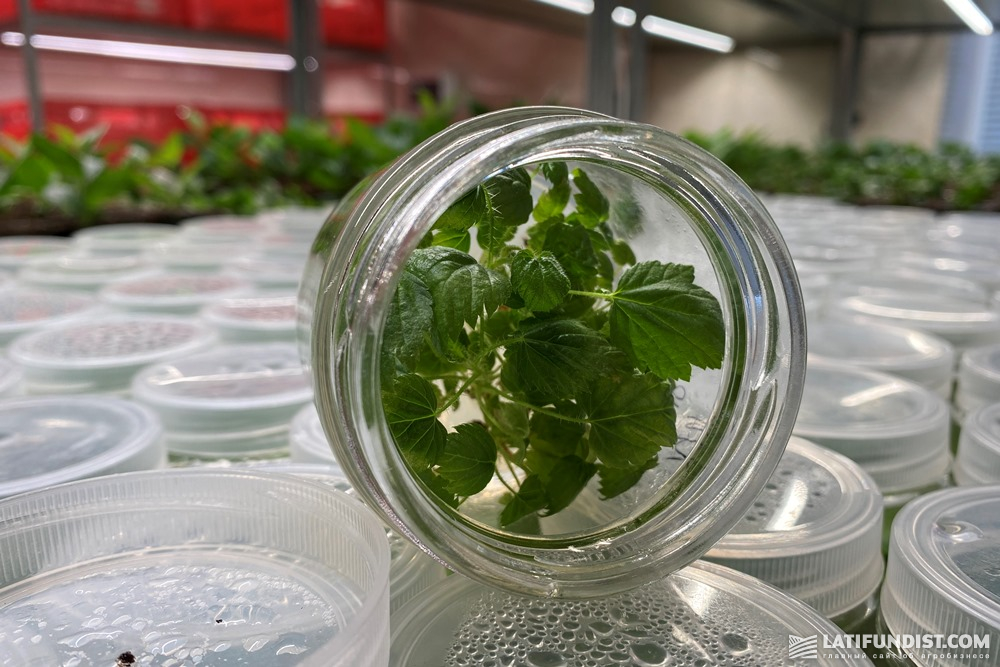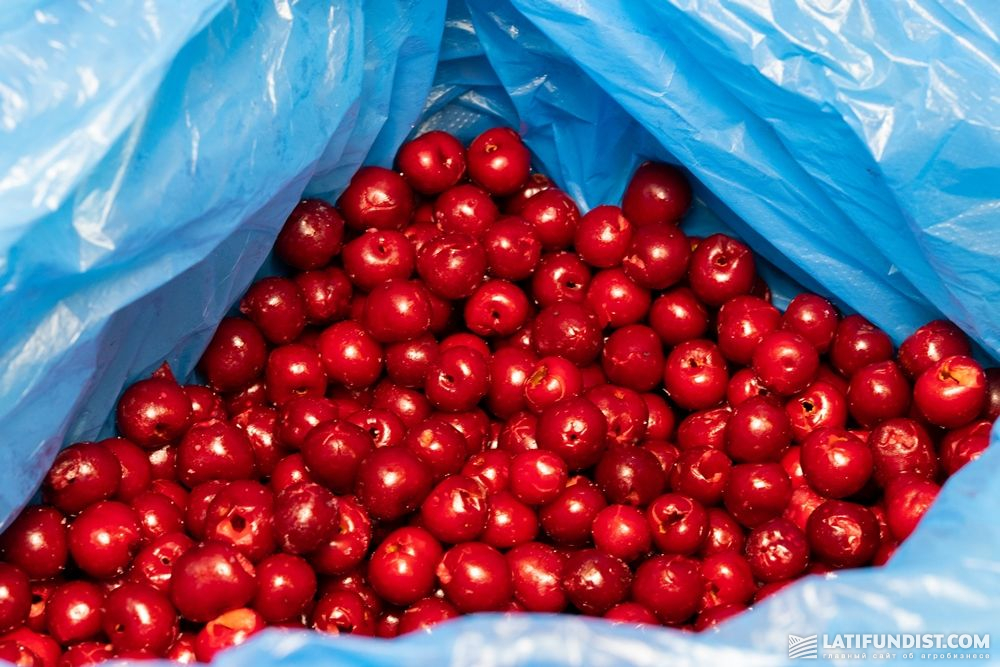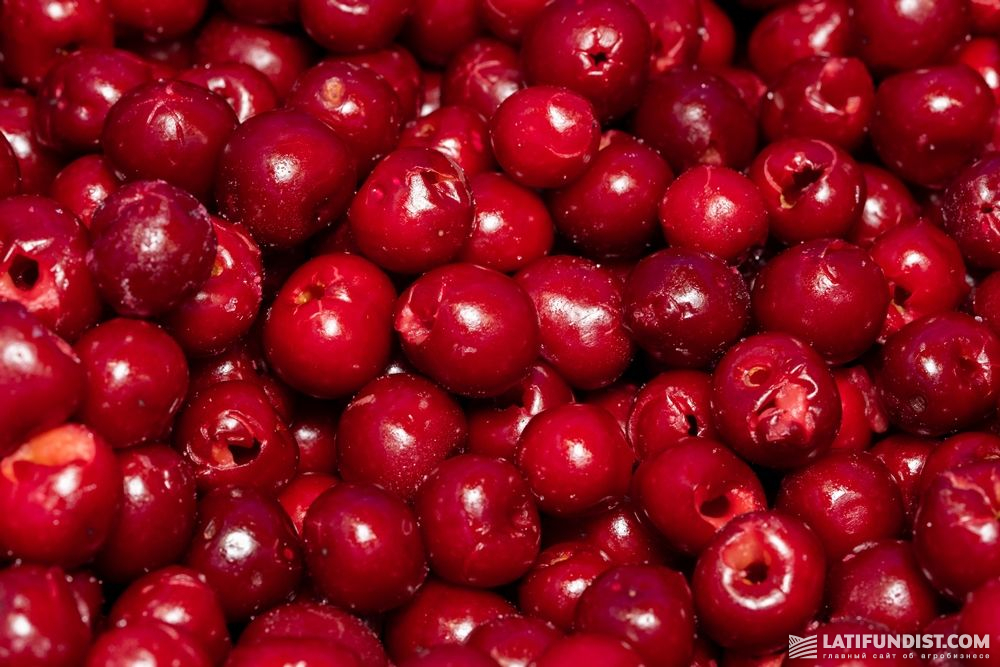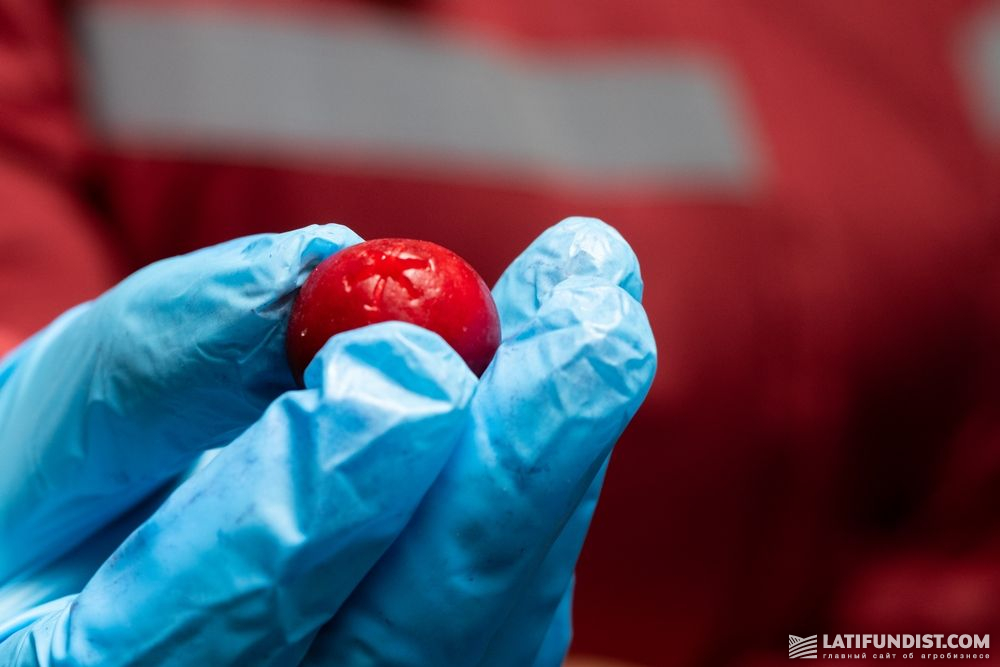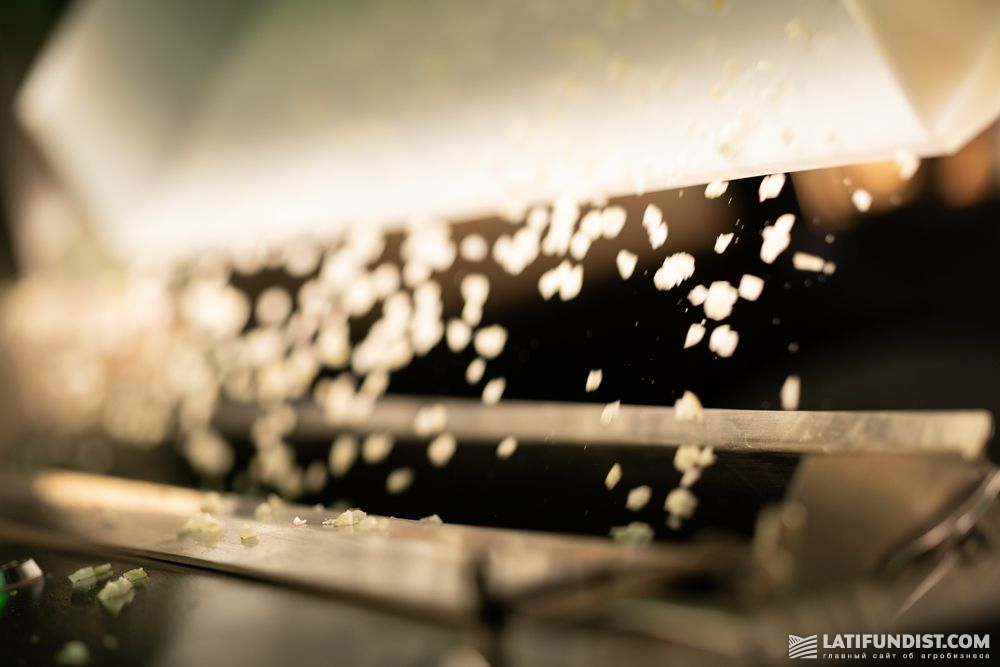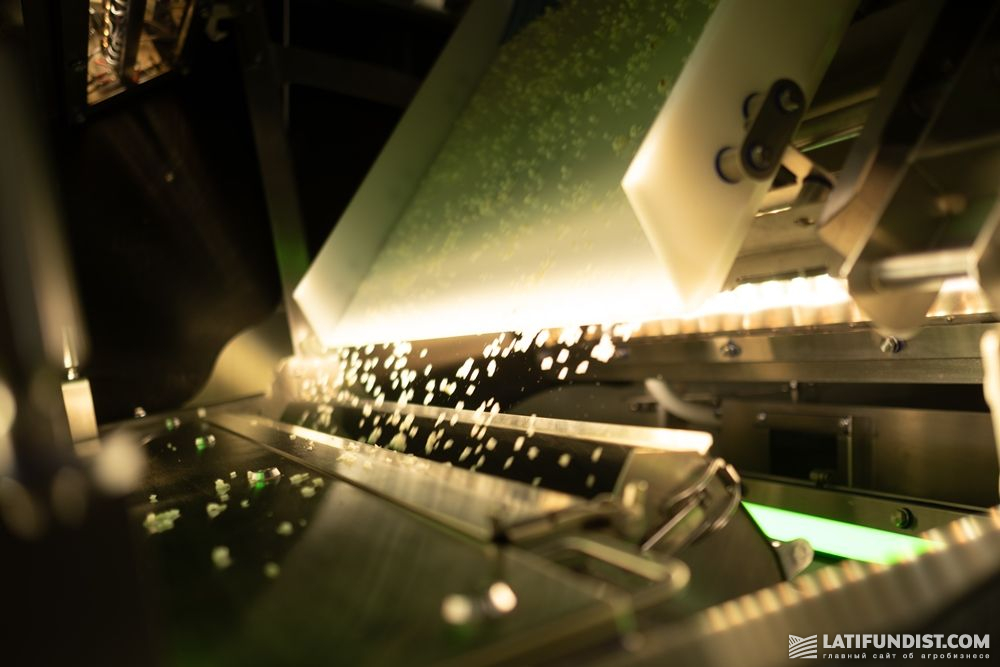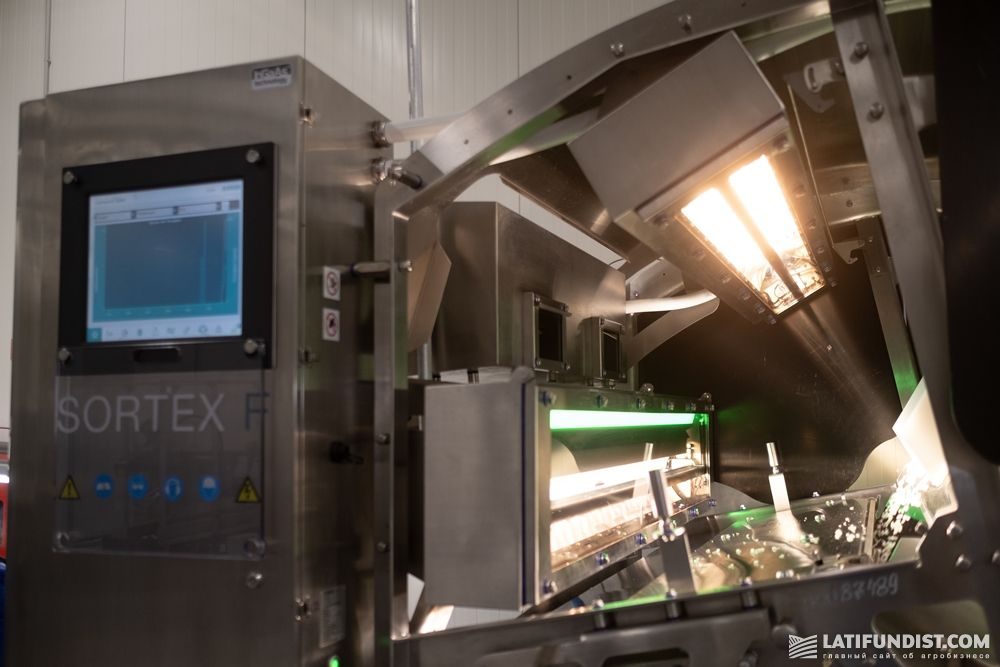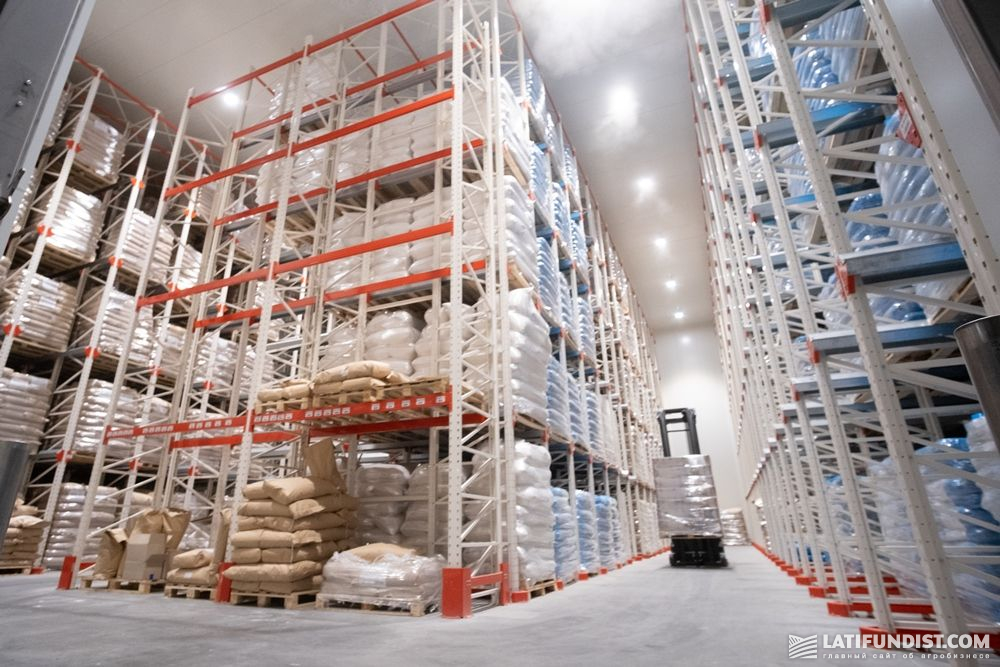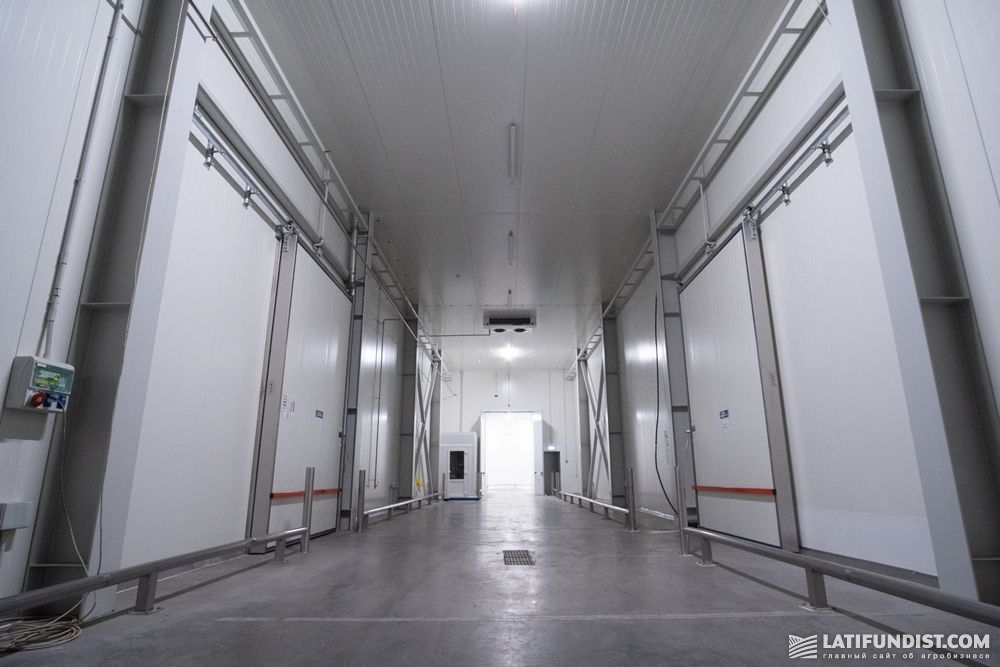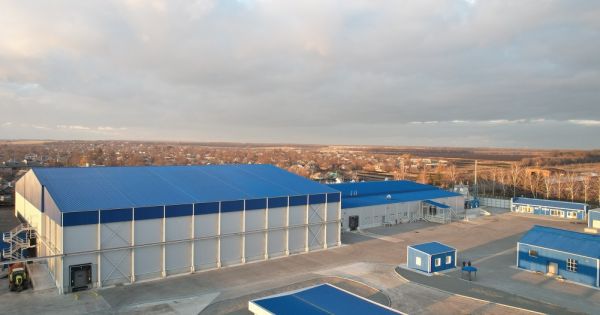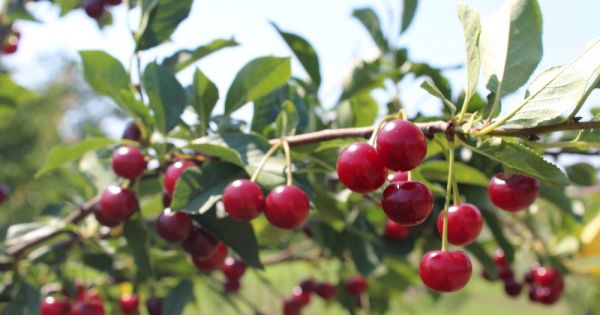LNZ Group Motives to Start a Processing Business, Nationwide Cooperative
LNZ Group continues to explore new lines of business. In 2021, the company commissioned the first phase of a berry, vegetable and fruit freezing plant. The products are marketed under the Tevitta brand. In spring, the Group forms a berry cooperative for agriproducers throughout Ukraine.
Why does the company venture into processing? What does it offer to farmers as part of cooperation? Is berry farming profitable in Ukraine today? The Latifundist.com team visited LNZ Group's plant in Cherkasy region. Here is what we learned about the company's operations.
Is berry farming a prospective field?
Why did LNZ Group, a company engaged in distribution, seed and crop production, choose to invest in the processing of raw materials? As Victor Kravchenko, head of the Tevitta frozen vegetables, berries and fruit business line, notes the decision was prompted by the company's own berry production and the evolution of the frozen food market.
LNZ Group produces strawberries, cherries and raspberries. The company could continue to expand without the plant, but if you go for large volumes, you can't do without processing. Besides, this niche is barely covered in the market.

Victor Kravchenko
Head of the Tevitta frozen vegetables, berries and fruit business line
"Intensifying the processing of raw materials, particularly berries and vegetables, is one of the ways Ukraine should move ahead in the future. Now our country is following the path Poland took three decades ago. There is a tendency in Ukraine to expand the area of berry cultivation, and the domestic market itself is unable to consume such volumes. So we need to export. Export in what form? Either frozen or in the form of jams. That's why we expect that in the next 5-10 years up to 20 processing plants will appear on the Ukrainian market."
Totally self-contained: from a test tube to the field
The management took the decision to construct a berry, fruit and vegetable freezing plant in 2020. However, when this ambitious project was completed the following year, they knew that they could not operate at full capacity without quality raw materials.
The real issue is that the planting material imported to Ukraine is for the most part contaminated, Tevitta agronomist Tetyana Stukalo says.
"Last spring we set up a demo field of strawberries. Following a recommendation, we bought 24 elite saplings from Italy. Imagine the surprise of our phytopathologists when, after the analysis, it turned out that each sapling was infected with anthracnose and phytophthora. The situation was repeated with saplings from the Netherlands. Then we realized that no matter how much the saplings cost, they are never perfectly 'clean'," recalls the specialist.
She adds that the slogan "Self-sustaining, from the test tube to the field" is now firmly embraced by the company. To achieve this, they have set up their own nursery with in vitro planting material. This is virus-free material adapted for planting in open ground.
How a hobby is turned into a business, or how a berry cooperative is started
"For many people, berries mean a hobby. But this way the hobby transforms into a responsible business. If 10 agrarians cultivating one hectare each join, we get 10 hectares. And this is already a strong player in the berry market. Besides, members of the cooperative can team up and buy and sell large volumes of berries together," says Victor Kravchenko.
To those who become part of the cooperative, the company offers:
- in vitro seedlings of raspberry, strawberry and blackberry;
- agro-technological support;
- plant protection products and fertilizers;
- sale of farm-grown produce to the plant.
Let's take a closer look at these options.
Ukrainian vs. foreign planting material
As we have indicated above, all the saplings in the Tevitta nursery are grown in vitro. According to Tetyana Stukalo, very few people today can afford this class of planting material. A seedling from Europe will cost a farmer at least EUR 1.5. In the cooperative, though, it will cost less. What's more, this is planting material grown in Ukraine, which means that the farmer can get 70% compensation from the state.
Tetyana Stukalo has experience in berry growing abroad. When we asked her to compare it with Ukrainian, she stated that our country is an outsider in this respect. The focus abroad is on the quality of planting material, technology and harvesting. Our mentality is completely different. Buying "pure" virus-free seedlings? Why pay for it when you can "borrow" from a neighbour? Sadly, though, the crop is disappointing.
Farmers who want to run this business, Tetyana Stukalo suggests diversifying their berry production. In 2019, those who produced strawberries were lucky to get a good price. Last year, raspberry was highly profitable. It is impossible to foresee which berry will get a good price this year, as we do not know what weather surprises to expect, she explains.
By the way, saplings will be available on the LNZ Web platform. Plant protection products and fertilisers will also be offered, and participants of the cooperative will receive a discount.
Cooperation with the plant
What does one do with the crop produced? Members of the cooperative are guaranteed to sell their produce to the plant. What if the grower is not part of the cooperative? Firstly, the produce can be sold to the plant. Secondly, if they so wish, legal entities can contract with the plant to process their products and store them until a better price appears.
For example, a farmer thinks that there is no point in selling berries at a low price during the season. He enters into an agreement with the plant to freeze and store the products or just to freeze them as he intends to sell them himself.
When asked if there is a minimum volume of raw material farmers can supply for processing, we were told that even 3 kg would do. But the IQF tunnel is most reasonable to use for 2 tons or more, so that 3 kg will undergo static freezing, rather than fast. And the farmer should understand that the more raw material he delivers, the cheaper the services will cost him.
Along with freezing and storage, the plant also provides other services for the production of frozen products, including sorting, slicing and packing.
A newcomer setting ambitious goals
The plant is situated in the town of Shpola in Cherkasy region. Its employees already have experience in processing sweetcorn, currants, strawberries, plums, apricots, elderberries and cherries. As for the latter, pitting machines were installed and now the plant has the capacity to freeze 2.5-3 tons/hour of pitted cherries.
The refrigeration unit houses a freezing tunnel by Unidex, the largest producer in Poland, with a capacity of 3 tonnes/hour. There are plans to add another unit of this type of equipment in 2022 and to double production volumes. The refrigeration unit has berry processing and packing lines, and there is a separate line for processing sweetcorn. In the long term, the plant should become Ukraine's No. 1 producer of frozen sweetcorn oriented towards the markets of Europe, Asia and America.
Another feature of the plant is the Bühler SORTEX optical sorter. Very few Ukrainian companies have such machinery. The advantage of SORTEX is that it recognizes defects by colour and shape and sorts out products efficiently and with excellent performance.
"The plant's productivity and quality of products would be low without the sorter. Having such a high-end machine makes it possible to produce food of the highest quality in compliance with strict norms. But we sort raspberries manually. Frozen berries are very fragile, and any wrong move could cause them to fall apart. More than 10 qualified workers at the conveyor belt sort out damaged berries," says Yuriy Kryvenko, the Avuar plant director.
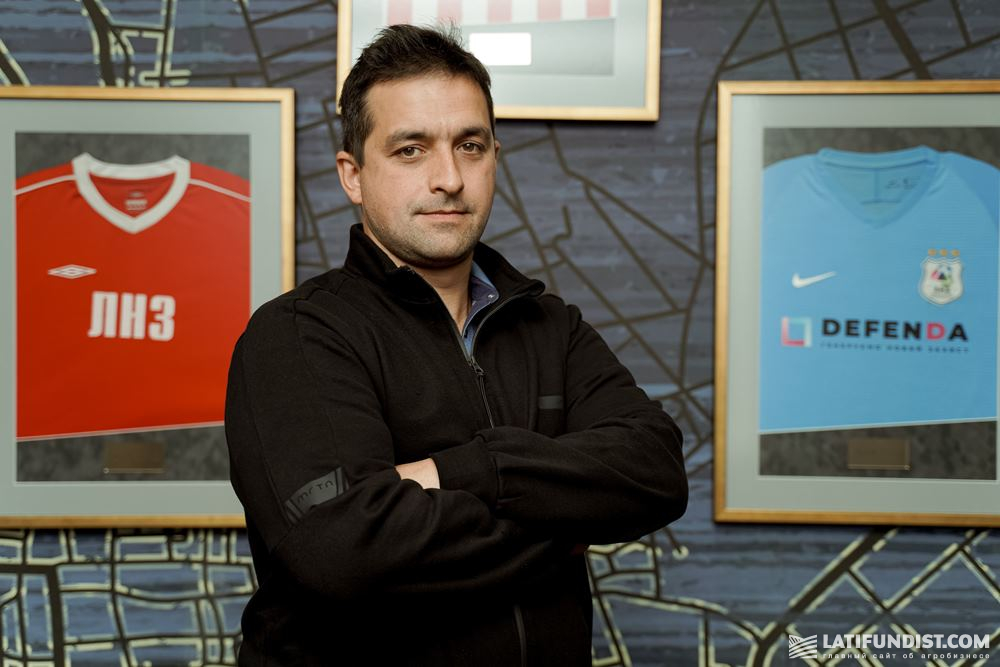
From the optical sorter, the frozen berries and vegetables are fed into a packing line. This year, the factory plans to commission another packing line, one for each freezing tunnel.
Currently, a line is in operation for large packaging: a 25 kg bag or a 10 kg box. A line for smaller carton packs, from 400 g to 2.5 kg, is being set up so that the products can be sold in supermarkets and HoReCa. All products are stored at -20°C. There are 6 warehouses, which is more than 10,000 pallet spaces.
According to Georgiy Dermenzhy, the plant's chief technologist, the equipment was picked very meticulously. They studied market offers, visited similar plants and had a closer look at the equipment used there. The primary condition was that it had to be of high quality and energy-efficient.
There are currently around 100 people working in the plant. Seven of them are laboratory staff. They control the grade of raw materials coming in. They make sure that at all stages of production the product meets the quality standards during storage and shipping.
The benefits of quick freezing
Together with energy-efficient equipment and strict quality control of products, quick freezing is the heart of the plant's operations. As Victor Kravchenko explained, freezing is distinguished between two types: quick and static. Around 70% of the Ukrainian market is static frozen products.
What was the plant's management motive for going with the first option? The advantage of quick freezing lies in minimizing the formation of large ice crystals damaging the integrity of the berry's tissues. Thus the products do not lose their useful properties and taste just as good as the fresh ones.
"Often a consumer buys a bag full of snow. This is the result of improper freezing," says Georgiy Dermenzhy, the plant's chief technologist.
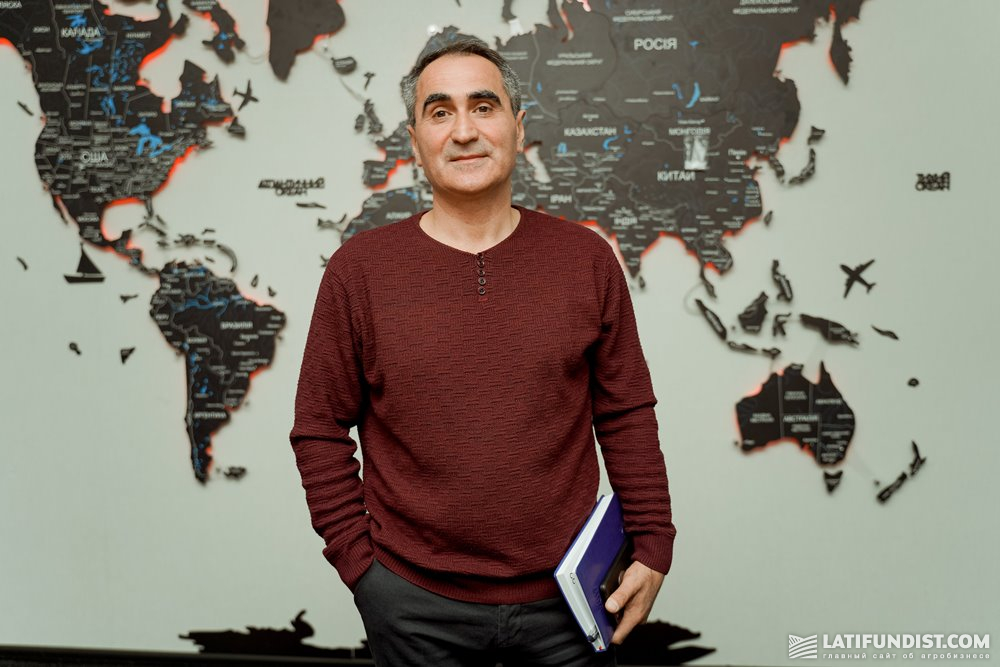
By the way, this year the company installed refrigeration equipment in Vinnytsia region to reach the static freezing capacity of 20 t of berries per day. According to Yuriy Kryvenko, the director of the plant Avuar, shipment of raspberry, blackberry or elderberry is a complicated process. The new cold-chain equipment will help to preserve the good condition of raw materials delivered to the plant and then produce quality foodstuffs.
On plant certification
Even during the design phase of the plant, the management team had an ambitious goal of certifying the facility to the BRC Global Standard for Food Safety. Obtaining this certification is a challenge. It may take years to complete. Today, they can breathe a sigh of relief as they have managed to pass the audit and obtain this certificate in a relatively short period of time.
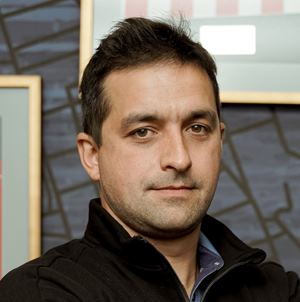
Yuriy Kryvenko
Director of the plant Avuar
"BRC means premium safety. If a company has such a certificate, all markets in Europe are accessible. The consumer understands that if we control the entire process from the field to the end product, our goods are safe."
Today, the plant's products are exported to the European Union. The company is looking to enter the Ukrainian market. Cooperation with local farmers will enable the new berry and vegetable freezing plant to operate at full capacity. Everyone seems to benefit from this business plan. Time will prove.
Natalia Rodak, Latifundist.com
Photo by Andriy Bochka

